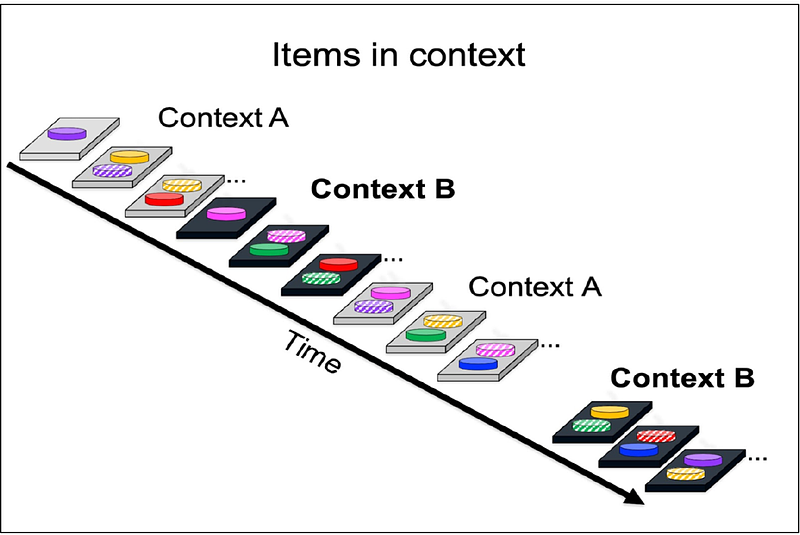MILD TRAUMATIC BRAIN INJURY IMPAIRS EPISODIC MEMORY IN RATS

MILD TRAUMATIC BRAIN INJURY IMPAIRS EPISODIC MEMORY IN RATS
Nah, G.; Antonopoulos, M.; Hohmann, A. G.; Port, N.; Crystal, J. D.
AbstractMild traumatic brain injury (mTBI) is the most common type of traumatic brain injury. Symptoms following mTBI fall into physical, emotional, sleep, and cognitive categories, with memory deficits being a commonly documented sequelae. Whereas many animal models of mTBI exist, relatively few studies have examined the cognitive deficits of mTBI with human-like cognitive tasks. The Wayne State University Closed Head Weight Drop Model recapitulates critical physical elements of sport-related concussions and trauma-based mTBI. However, until now, this model has not previously been evaluated using a human-like memory task. Rats were trained in an odor-based item-in-context task that dissociates episodic and non-episodic memory (Panoz-Brown et al., Current Biology, 2016). The animals then underwent either a weight drop or a sham procedure. After the manipulation, animals were assessed in the item-in-context task. Episodic memory was significantly impaired in the injured rats by over 10% but not in the sham rats. Non-episodic memory was not impaired in either group. Additionally, a time-course immunohistochemical analysis of the hippocampus was performed to examine possible time-dependent changes in ionized calcium-binding adaptor molecule 1 (iba1), a marker of activated microglia/macrophages and glial fibrillary acidic protein (GFAP), a marker of astrocytes. Concussion injury was associated with time-dependent morphological changes in astrocytes and microglia in injured rats compared to sham rats. This study is the first to document episodic memory impairment in an animal model of mTBI.